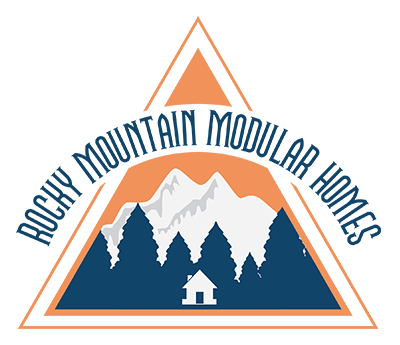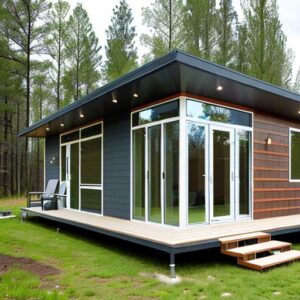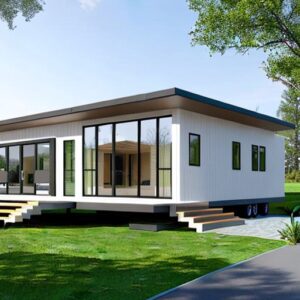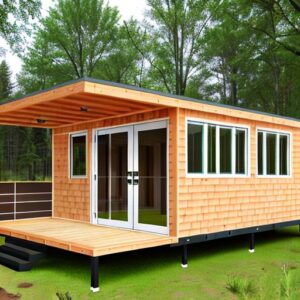- Space
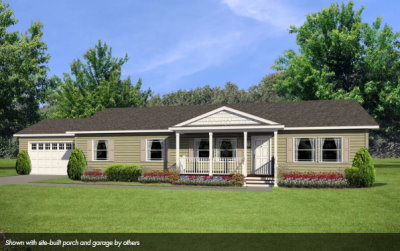
- Zoning Rules
One of the most difficult parts of owning a modular or tiny manufactured home is the location where the house will be stationed. A modular home requires a permit that allows it to be installed in a certain location. While the same applies to tiny homes, they usually face strict regulations from the county because they do not meet some kind of city ordinance. There are locales where tiny homes are allowed but they take out certain things such as the use of a stove or plumbing. There are zoning laws that dictate the minimum size for dwellings and many tiny homes are not big enough to make the cut. Some homeowners buy a full-sized house to rent them out and then park their tiny houses as RVs or outbuildings in the backyard to get around these rules.
- Financing
People who find it difficult to build a tiny house for cash or cannot afford to buy one can find it difficult to secure a loan compared to homeowners with modular homes. Banks and other financial institutions do not consider tiny homes as good collateral as it does not have enough value in the market. The fact that insurance rates for modular homes are similar to traditional homes is reason enough to secure a loan with any financial institution. In most cases, tiny homebuyers are forced to pay through cash or secure personal loans that have high-interest charges. You can easily take out a standard mortgage loan for a modular home as it offers better financing than a tiny home.
- Insurance
You would probably want to have some insurance on your property every time you are buying something expensive. However, most insurance companies have a hard time referring to a tiny house as a dwelling. Therefore, it may be treated as an RV, especially if it has wheels and you may be charged differently. However, a modular home can be insured under a standard homeowners’ insurance policy as long as it meets the building codes and standard requirements in your area. The coverage will be similar to a traditional home because modular homes have no specific insurance risks.
- Accessibility and Functionality
Modular homes are more spacious than tiny homes and offer ample storage space just like a traditional home. On the contrary, much of the storage spaces are out of reach in tiny homes due to custom rooflines. Items that are used daily and should be easily accessible are not as functional as they could be. The design flexibility of modular homes offers endless customization options. You can upgrade or modify your general construction specifications according to state building codes including floor plans and elevations to get ample storage.
Based on the above differences, modular homes are better than tiny homes when it comes to dwelling space, accessibility, financing, and zoning. However, tiny homes offer more mobility than modular homes. They can be towed easily from one location to another because they are often on wheels. The decision to choose between modular homes and tiny homes may vary depending on your budget and personal preferences as long as you are living within your means.
